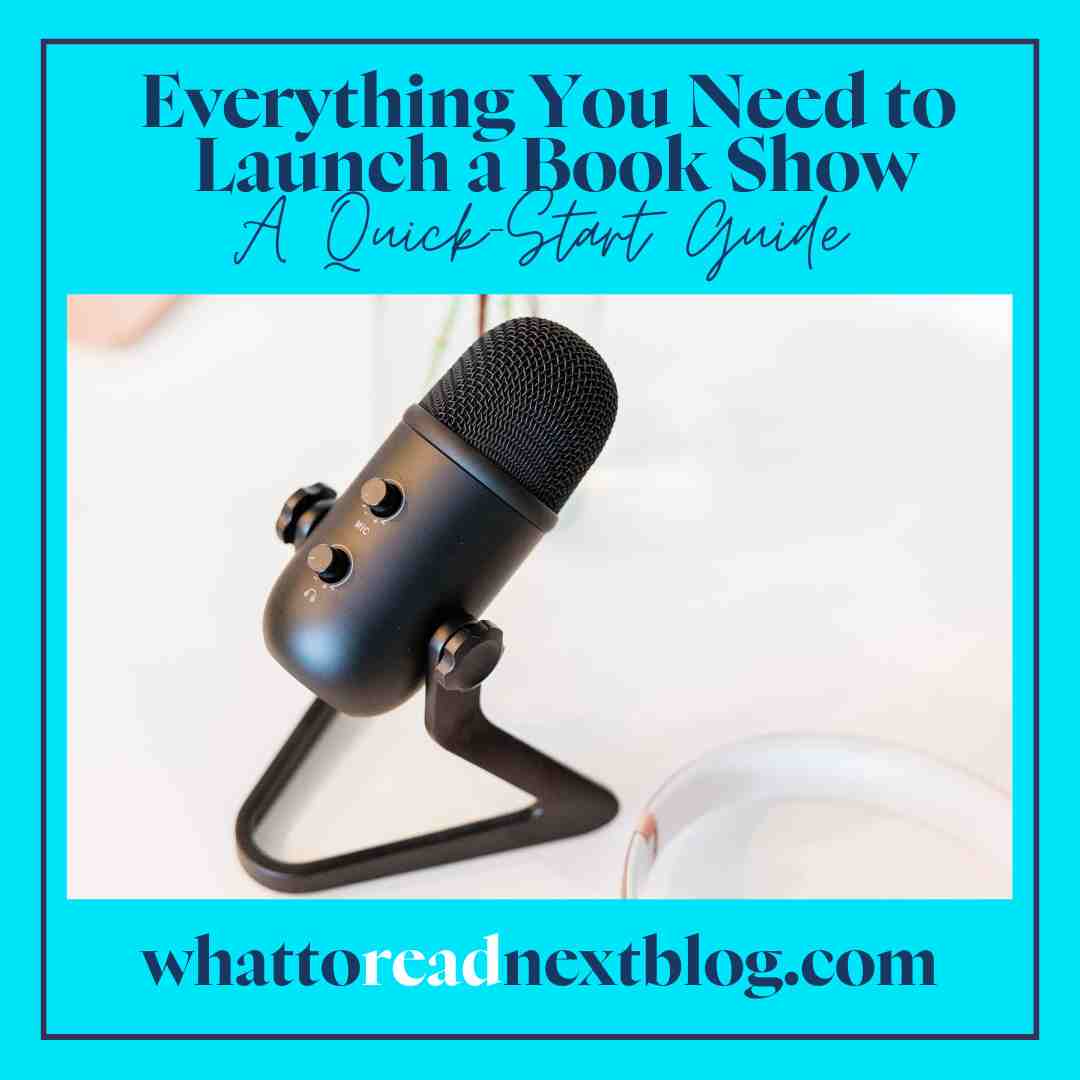Before You Launch a Book Podcast, Read This First
Disclosure: We are part of the Amazon, Captivate/Descript Affiliate programs. We will receive a small commission at no additional cost to you if you purchase hosting or a service/product listed in the post below. You can read our affiliate disclosure here.
Thinking of starting a podcast dedicated to your love of books? Whether it’s recommending the latest swoony romance, deep-diving into thrillers, reviewing your recent reads, or interviewing your favorite authors, this guide is for you. After a decade of podcasting in the book world, I’m sharing the exact tools and strategies I use to run a bookish podcast—plus how to tailor it to your niche.
1. Podcast Hosting for Book Podcasts
Top Pick: Captivate. Captivate is ideal for book podcasts because it allows you to own your content, integrate affiliate links (such as Amazon for book recommendations), and build a community around multiple shows (like adding a cozy mystery spinoff later). You can also insert dynamic ads or read your own promos for indie authors.
Why It Works in the Book World:
- Run book rec, review, and author interview episodes under the same feed.
- Use dynamic ads to promote your book lists or Substack for the cost of $19 a month not hundreds of dollars!
- Own your audio library for future collaborations.
Platforms I Tested: Libsyn, Buzzsprout, Spreaker, Acast, Spotify—none gave me as much control.
2. Recording & Editing for Book Conversations
My Workflow: [Squadcast + Descript] For author interviews or bookish banter, Squadcast ensures high-quality remote audio/video. Descript is perfect for editing reviews or chatty episodes—just edit the text, and it edits the audio.
Why Book Podcasters Love It:
- Create quotable moments from transcripts for social or pull excerpts for your blog.
- Instantly clean up filler words (book chats have lots of “like” and “you know”).
3. Shownotes, Lists & Book Content
Writing strong shownotes is key to boosting SEO, reader engagement, and discoverability. Use your transcript to:
- Pull out the “Books Mentioned” lists.
- Create blog post recaps with affiliate links.
- Highlight key author quotes or themes.
Pro Tip: Every podcast episode can be repurposed into a book list blog post, newsletter, or Pinterest pin.
4. Your Bookish Mic & Setup
Top Mic: Yeti USB Microphone Reviewing a book solo or chatting with an author? A simple USB mic will elevate your audio quality. If you’re recording quick TBR or haul episodes, even your phone and an external mic work.
Camera Tip: A simple webcam works just fine for guest interviews and clips.
5. Scheduling Author Interviews
Tool: TidyCal Author interviews are the backbone of many book podcasts. TidyCal automates booking so you’re not stuck emailing time zones.
Bonus: Prepare a guest FAQ with questions such as favorite comfort reads, latest release details, and where to purchase their books. Use a Google Form for their bio and book links.
6. Newsletter & Book Lists Hub
Why I Use: Substack Substack is perfect for book podcasters—it lets you post your episodes, create “Books Mentioned” roundups, and send curated reading guides straight to inboxes. It’s also easier to discover than Patreon.
Bookish Angle:
- Run a weekly book club newsletter.
- Share exclusive book lists tied to podcast themes.
- Park your domain there to become your central hub.
7. Planning Your Book Podcast
What to Decide:
- Will it be book recs, reviews, author chats, or a mix?
- How often will you post? Weekly works well for book pods.
- Plan repurposing: Turn each episode into a blog post, a Pinterest pin, and an Instagram Reel.
- Use affiliate links for books mentioned to monetize.
Final Thoughts:
Book podcasting is one of the best ways to turn your reading life into a joyful community project. With the right tools and a plan, you can highlight your favorite books, support authors, and build an audience of fellow readers who trust your recommendations.
Do you have questions, or would you like my book podcast templates? Comment or email me—let’s get your show launched.
